Each month we bring you the latest in research news and information on obsessive compulsive disorder (OCD). This month’s edition also features a special quarterly research highlight on hoarding disorder.
Spotlight is also available via email so you can receive the latest research news and information directly in your inbox. Sign up to receive our May update, as well as all future issues, by going here and selecting the “Spotlight” option on our email signup form.
Making Headlines
OCD advocates and stories making news around the globe this spring
Why You Need to Stop Saying You’re “So OCD”
Greatist, April 20, 2016
This article breaks down some of the biggest misunderstandings about OCD and emphasizes why understanding the reality of living with mental health conditions like OCD is so important.
New app designed to help people deal with OCD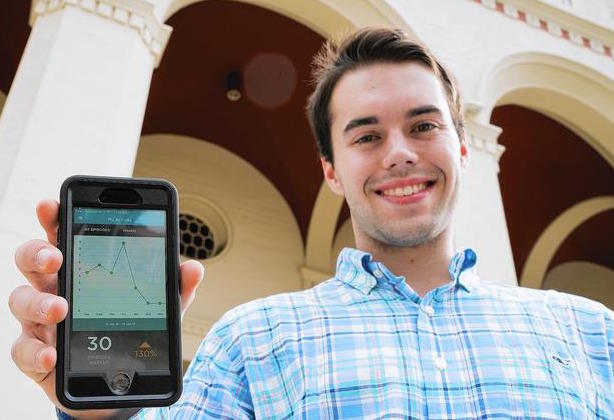
Confluence Denver, April 5, 2016
A new app called nOCD, designed by Stephen Michael Smith and Daniel Greenfeld, is making headlines this month. Smith is a quarterback at Pomona University who suffers from OCD and says some of his worst episodes occurred when he was away from a doctor or therapist, a realization that eventually led to the app’s development.
Who Am I? A Student With OCD & Anxiety
OC87 Recovery Diaries, March 29, 2016
“Who am I?” It’s a simple question, but one that often leads to more complex answers when asked to another person. In a recent personal story on OC87 Recovery Diaries, Morgan, a college student affected by OCD, examines how her identity as a student became a prime target for OCD, making the question of who exactly she is a harder question to answer.
SCB Showcase
Members of the IOCDF Scientific & Clinical Advisory Board (SCB) are among the best clinicians and investigators in the United States who treat and/or conduct research in the field of OCD and related disorders. Here, we recognize SCB members whose work has recently turned heads in the scientific community or general public.
Further psychometric properties of the Yale–Brown Obsessive Compulsive Scale — Second Edition ($)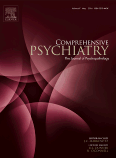
Comprehensive Psychiatry, April 2016
SCB member Eric Storch, PhD, is among the authors of this study examining possible improvements to the Yale–Brown Obsessive Compulsive Scale (Y-BOCS), a widely-used clinician-rated measure for assessing OCD symptoms. The authors argue that while the Y-BOCS-II shows initial promise, minimal data exist in examining the reliability and validity of the Y-BOCS-II English version. Research conducted as part of this study is a step toward generating more data around these measurements to determine whether the Y-BOCS II may someday be a viable alternative to the original Y-BOCS.
OCD Research Corner
A monthly roundup of the latest in OCD research from scientific journals and other publications
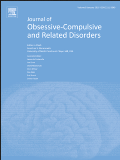 Is the whole less than the sum of its parts? Full versus individually adapted metacognitive self-help for obsessive-compulsive disorder: A randomized controlled trial ($)
Is the whole less than the sum of its parts? Full versus individually adapted metacognitive self-help for obsessive-compulsive disorder: A randomized controlled trial ($)
Journal of Obsessive-Compulsive and Related Disorders, April 6, 2016
Self-help resources are frequently sought out by individuals with OCD. However, the authors of this study argue their effectiveness has rarely been evaluated despite claims otherwise. This study examined a metacognitive self-help manual called “myMCT” and compared individuals who used either the full manual or a personalized version with a third group placed on a wait list. Study results showed individuals who received one of the “myMCT” treatments improved significantly more on the Y-BOCS Scale and Obsessive-Compulsive Inventory-Revised total scores than the wait-list group.
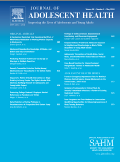 Obsessive-Compulsive Symptoms as a Risk Factor for Suicidality in U.S. College Students ($)
Obsessive-Compulsive Symptoms as a Risk Factor for Suicidality in U.S. College Students ($)
Journal of Adolescent Health, April 2016
The purpose of this study was to assess the association of obsessive compulsive symptoms with suicide risk among college students. Results showed the presence of one or more symptoms was associated with an increased suicide risk, but that risk factor was not statically significant after also controlling for depressive symptoms. Of the obsessive compulsive symptoms assessed, only obsessions about speaking or acting violently remained an independent risk factor for suicidality over and above depression.
 The progress cascading model: A scalable model for teaching and mentoring graduate trainees in exposure therapy
The progress cascading model: A scalable model for teaching and mentoring graduate trainees in exposure therapy
Journal of Obsessive-Compulsive and Related Disorders, April 2016
Authors of this paper argue there is little written on how clinicians in specialty treatment clinics should instruct unlicensed trainees interested in working with OCD patients. To fill this gap in the literature, the authors use the University of Florida’s OCD (UF OCD) treatment and training program to provide an overview of what models work best, arguing programs should focus on skill acquisition and competency based evaluation through mentoring, collaboration, and co-therapy with clinicians and other trainees. They also provide additional recommendations for implementing this model in other graduate training clinics.
IOCDF Research Resources
Find other research-related resources from the IOCDF, including:
- Join a research study as a participant
- Learn about the IOCDF Research Grant Program
- Donate to the IOCDF Research Grant Fund
For researchers:

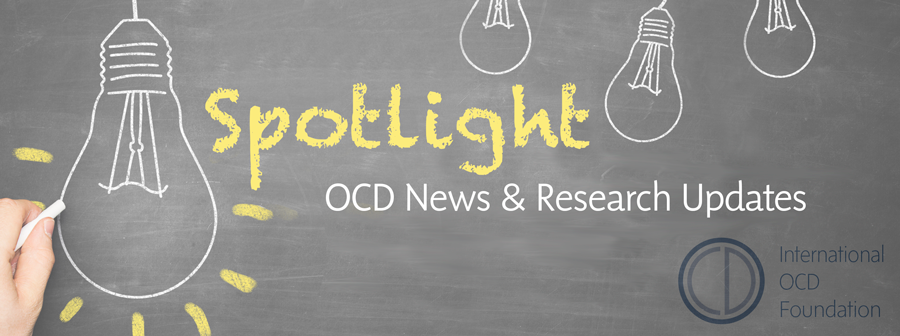
Leave a Reply